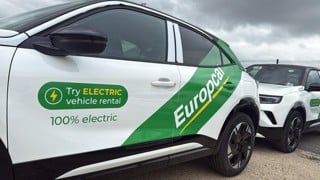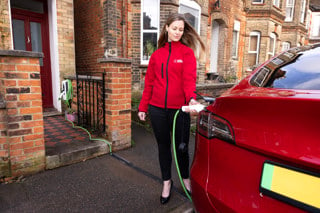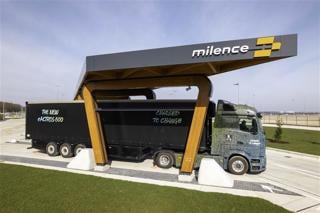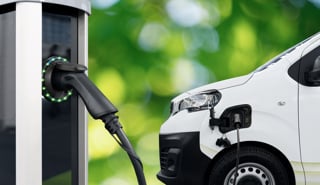A standardised electric vehicle charging payment method would allow fleets to accelerate their transition to EVs, says Cornwall Insight.
The research and analyst company’s Charged up: Future Fleet report also says there is merit in examining a fuel card payment service, similar to that for petrol and diesel, for EVs.
Tom Lusher, analyst at Cornwall Insight, said: “The issue of standard payment methods for EV charging was recognised in the Electric Vehicle (Standardised Recharging) Bill and without a universal payment method for EVs, this will quickly become an administrative headache for fleet managers.
“This is especially true for those with a broad geographical range, who will end up having to manage multiple different memberships and fees to operate as they do today.
“The most obvious way for fleets to pay at charge points would be to use the same fuel card system they have now.
“Not only will fleet managers already know how to use the system, but the familiarity will allow fleets to transition to EVs far more quickly.
“Provision needs to be made now to the Electric Vehicle Bill to support fuel card providers to expand services to cover all charge points across the country.
“This provision would ensure that fuel cards, as well as all other types of credit/debit card, can pay at a charge point without the need for a subscription or an app associated with any chargepoint network in the country.
“Some limitations are preventing widespread, easy adoption.
“Fuel card providers may be unable to offer such a service due to the multiple charge point operators, each with unique subscription services and their cards.
"However, schemes such as Plug-in Suffolk – although localised – shows that a fully open charging network could work.”
Plug-in Suffolk is a Suffolk County Council initiative, together with EO Charging and Bulb, which has created an open public electric vehicle fast charging network where users can pay with contactless payment cards.






















Login to comment
Comments
No comments have been made yet.